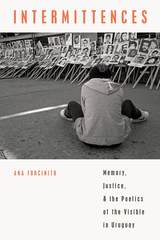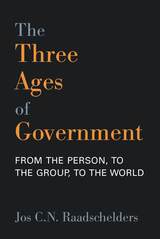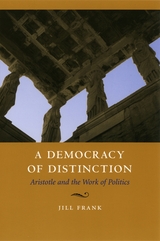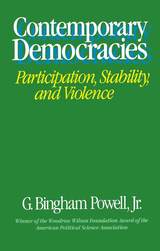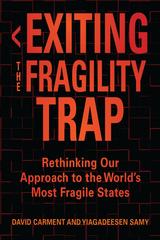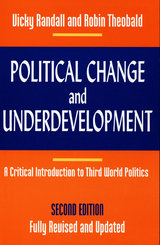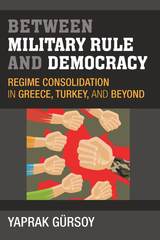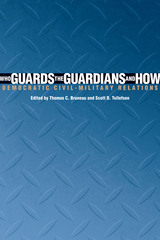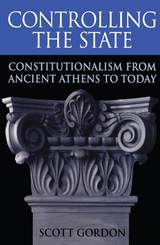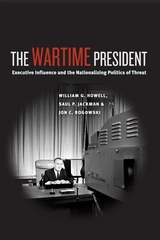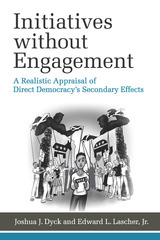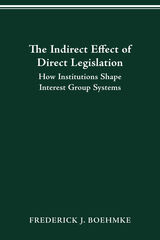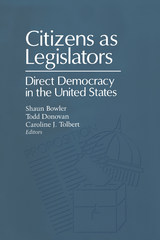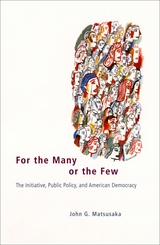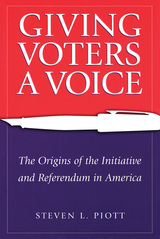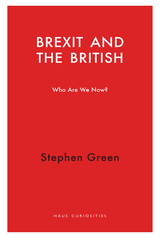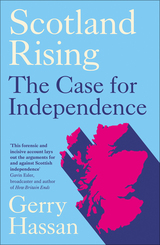Paper: 978-0-8223-2093-7 | Cloth: 978-0-8223-2079-1
Library of Congress Classification JF60.R35 1998
Dewey Decimal Classification 320.91724
This second edition has been expanded to include discussions of the international debt crisis, the impact of globalization on the postcolonial world, the rise of newly industrialized countries, and the upsurge in religion-based conflict in the post–Cold War era. Describing the strengths and weaknesses of the existing interpretive approaches to these issues, the authors explore the often difficult relationship between political change and economic development. At the same time they provide a comprehensive view into the turbulent politics of the Third World and suggest how future analysis can build on present approaches to reflect political reality more fully.
An essential text for students of political science and Third World societies, this volume will also interest anyone seeking a clearer understanding of the current issues underlying the politics of these countries.
See other books on: Critical Introduction | Dependency | Developing countries | Political Change | Political development
See other titles from Duke University Press

